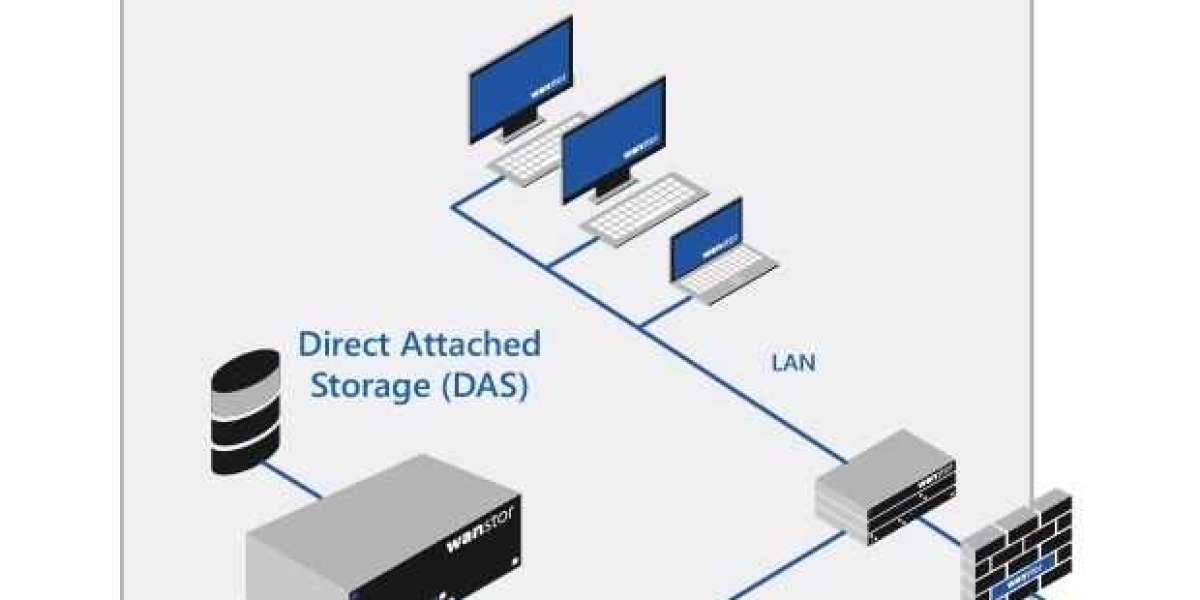Selecting the right hospital management software (HMS software) is a critical decision for healthcare organizations, as it directly impacts patient care, operational efficiency, and overall success. With numerous options available on the market, choosing the best HMS software can be a daunting task. Here are some key factors to consider when evaluating and selecting the best HMS software for your business:
Define your requirements:
Before exploring HMS software options, it's essential to clearly define your organization's requirements, goals, and priorities. Consider factors such as the size of your organization, specialty areas, workflow complexities, regulatory compliance needs, and integration requirements with existing systems. Identifying specific features and functionalities that are essential for your business will help narrow down your options and ensure that the chosen HMS software aligns with your organization's objectives.Assess Ease of Use and User Experience:
The best HMS software should be intuitive, user-friendly, and easy to navigate for healthcare professionals and staff members. Look for software solutions that offer a modern interface, customizable dashboards, and workflow automation features that streamline tasks and reduce manual effort. Consider conducting demos or trials of potential HMS software solutions to evaluate the user experience firsthand and assess how well the software aligns with your organization's workflow and user preferences.Evaluate integration capabilities:
Integration with existing systems and technologies is crucial for seamless data exchange, interoperability, and workflow continuity. Evaluate the integration capabilities of HMS software solutions and ensure compatibility with your organization's electronic health records (EHR) systems, laboratory information systems (LIS), billing platforms, and other third-party applications. Choose HMS software that supports industry-standard protocols such as HL7 and FHIR and offers flexible integration options to meet your organization's unique needs.Consider scalability and flexibility.
As your organization grows and evolves, your HMS software should be able to scale and adapt to changing needs and requirements. Assess the scalability and flexibility of potential HMS software solutions to accommodate future expansion, additional users, and new functionalities. Look for software vendors that offer modular solutions, customizable features, and flexible licensing options that can be tailored to your organization's size and growth trajectory.Prioritize data security and compliance:
Data security and regulatory compliance are paramount in healthcare, and HMS software must adhere to stringent standards to protect patient information and ensure compliance with regulations such as HIPAA, GDPR, and HITECH. Evaluate the security measures and compliance features of HMS Software solutions, including data encryption, access controls, audit trails, and regular security updates. Choose HMS software vendors with a proven track record of prioritizing data security and compliance in their software development and implementation processes.Assess vendor reputation and support:
Selecting a reputable HMS software vendor with a track record of success and a strong commitment to customer support is essential for a successful implementation and long-term partnership. Research vendor credentials, customer reviews, and case studies to gauge their reputation and reliability. Additionally, inquire about the level of customer support, training resources, and ongoing maintenance and support services offered by the vendor to ensure that your organization receives the necessary assistance and guidance throughout the implementation process and beyond.
In conclusion, choosing the best HMS software for your business requires careful consideration of your organization's requirements, user experience, integration capabilities, scalability, data security, vendor reputation, and support services. By assessing these key factors and conducting thorough research and evaluation, you can select an HMS software solution that aligns with your organization's objectives, enhances patient care delivery, and drives operational efficiency in the rapidly evolving healthcare landscape.








